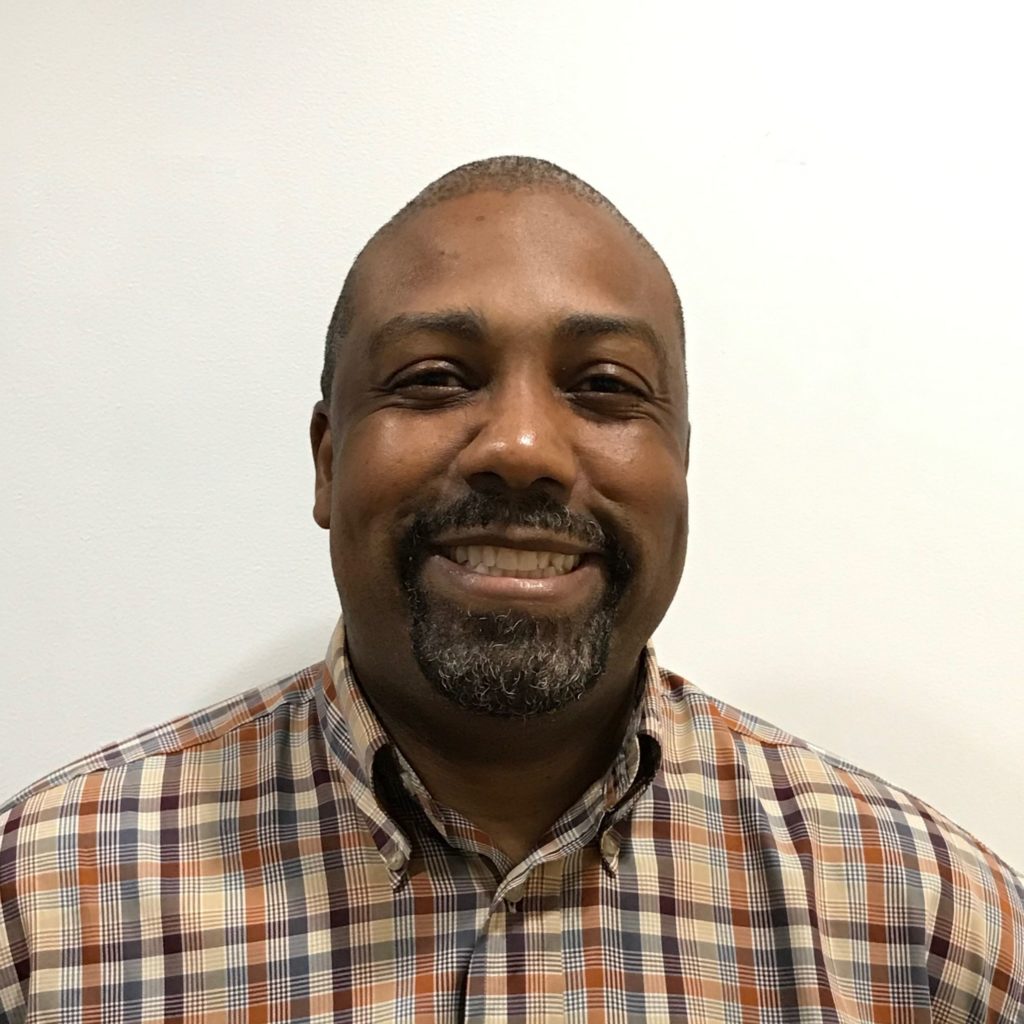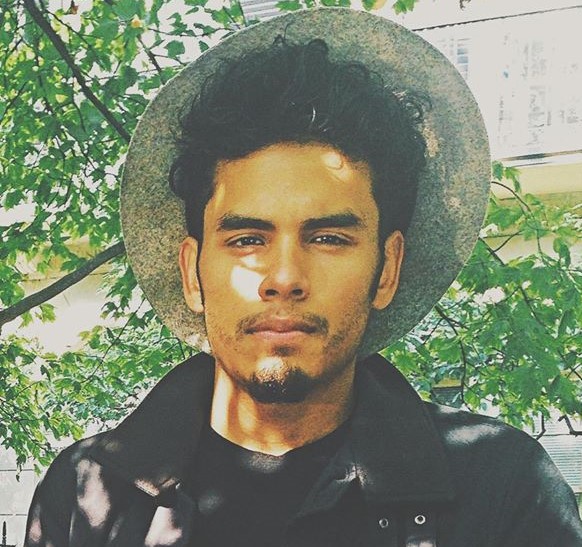In honor of Black History Month, Mary’s Center staff share their perspectives on how systemic discrimination and the historic abuse of trust inflicted by medical research impacts vaccination decision-making for communities of color.
Dr. Rashad Jefferson, Dental Director:

Growing up, I would spend all my summers down in South Carolina, and one thing I always remember is that my grandmother would be so worried about anyone who went to the hospital because it was viewed that the hospital was where you went to die. You didn’t go there to get healed.
And that leads to the disproportionate representation of health concerns in Black people, because most people in the Black community don’t go to the hospital unless they are already sick. They don’t go for preventive maintenance and things of that nature.
Now we’re looking at a country where we’ve always had a distrust. It was ingrained in us as kids that if you went to the hospital or to the doctor, the treatment that was offered to you was subpar. It was never equal to what white people would get at that time, and that is still prevalent today. Those are some of the struggles that we have in healthcare, to gain trust in a system that people never trusted.
Because of that, with the COVID-19 vaccine we get the “wait and see” attitude or “why should I get it?” or “what’s in it for me?” People would rather wait it out because history has shown, especially in the Black community, that sometimes it felt better to just have your own home remedies. So now that we’ve reached this place, it’s a very difficult conversation to have when these things have been instilled in so many people.
But that’s exactly what Mary’s Center is here for. We’re here to have those tough conversations and to listen to all of your fears and concerns.
Felix Hernandez, Advocacy and Fatherhood Program Supervisor:

Last year, we saw a Black doctor in Indiana die of COVID-19 after making complaints on social media about the racist treatment she was receiving. In Georgia, a for-profit ICE detention center forced immigrant women to undergo sterilization. This is happening now, not 100 years ago, not 50 years ago. For some people, this may be shocking, but for others, we’ve seen it before, and we know we’ll see it again.
At Mary’s Center we are here to confront the reality that Black, Indigenous, and People of Color (BIPOC) have had to navigate the medical environment differently than their white peers. I want to validate that if anyone is unsure of getting the COVID-19 vaccine, that is a real response to the environment. That lack of trust stems from institutions abusing the trust of BIPOC. From conception, medical and academic institutions were not designed with BIPOC in mind.
I can’t say that it’s easy to overcome, but we have to start by asking questions and learning. Talk to your Mary’s Center provider. We want to listen and help you make the best decisions for your own well-being and the well-being of your family.
Learn more about the COVID-19 vaccine in our recent blog from Chief Medical Officer Dr. Tollie Elliott.

